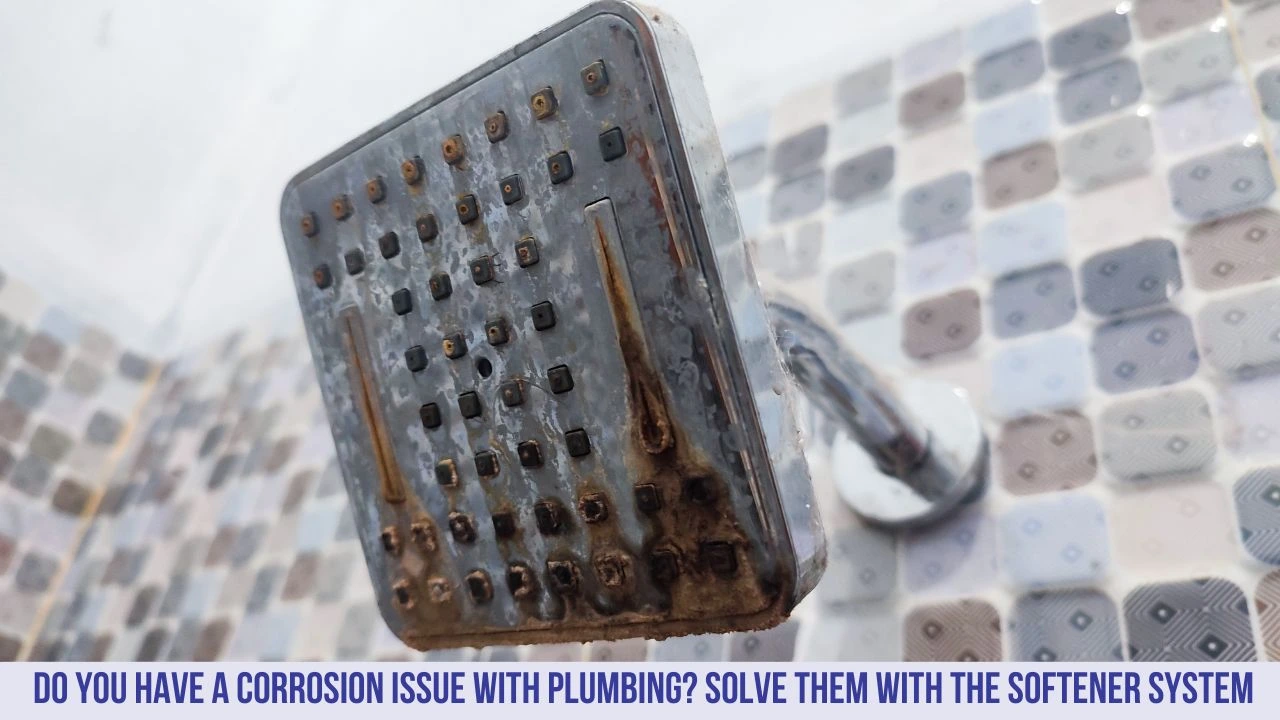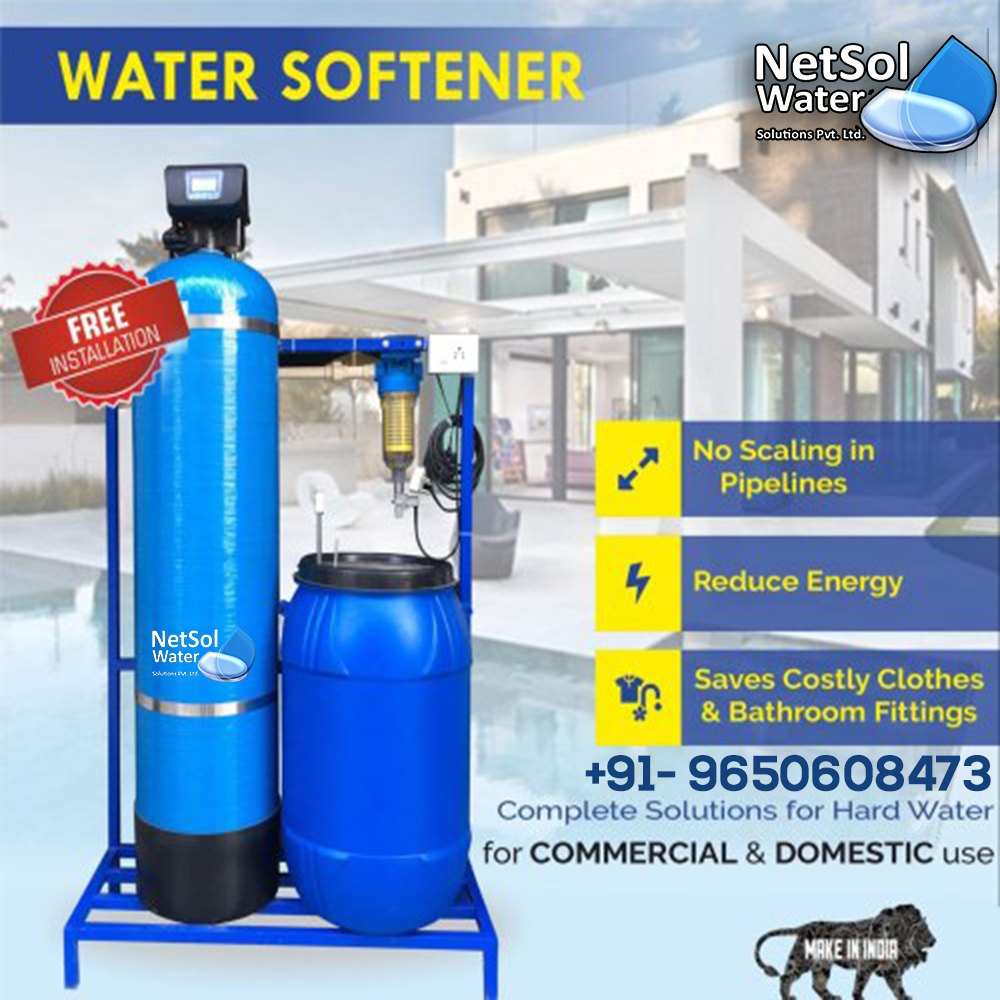All water may look the same, but in reality there are significant differences between what comes out of household and corporate. You may have heard of hard water or soft water, but you may not know if you have one or if you need the other.
If so, here are the basics of water softeners, their strengths and weaknesses, and how they affect your plumbing!
Water Softener-Basics:
Q1-What is a water Softener?
The water softener is a device that removes some of the "hard" elements such as calcium, magnesium and other minerals from the water.
What happened with hard water in?
Water is considered hard if it is richer in minerals than normal water. This is a problem because calcium and magnesium can accumulate as lime in pipes, water heaters, and even devices such as ice and coffee makers. Over time, the flow of water may decrease and the line may become completely blocked.
Another problem with hard water is that it makes foaming difficult. Not only is this frustrating in the shower, but it can also prevent clothes and dishwashers from functioning at their best and tend to produce more foam.
Q2-How does the water softener work?
Calcium and magnesium, which are abundant in hard water, are positively charged ions. These positive ions settle out of the water (causing lime scale), making it difficult for other positively charged ions (such as soap ions) to dissolve. The water softener filters the water through a mixture of plastic beads and salt. These mixtures exchange these very positive ions for low-charge ions such as sodium. Sodium is preferred because it does not settle in the pipe or prevent soap scum.
Q3-What are the benefits of water softeners?
-Extends the useful life of all water consuming devices (dishwashers, refrigerators, water heaters, washing machines, shower heads, etc.)
-Reduces soap scum and residue and keeps sinks, tubs and washing machines clean.
-Keeps pipes clean and prevents freezing.
-Hair, skin and clothing feel cleaner and softer after washing.
-Improves water heater efficiency by 22-29 percent.
Q4- What are the disadvantages of water softeners?
-Add a small amount of sodium to the water (it still fits well in a "safe" drinking zone, but can be a problem for some people).
-May be harmful to the environment. (The water softener will maintain its function through a regular regeneration cycle. When this occurs, excess salt, magnesium and chloride will be flushed into the sewer pipe. This also causes high concentrations of pollutants to flow into the water system. )
Q5-How do I know if I have hard water?
If TDS is well below 500 it is soft water, 500-2000 mg/l TDS is moderately hard water and beyond 2000 mg/l is hard water.
Can Water Softener cause in Plumbing Problems?
Water softener and plumbing systems:
There is nothing wrong with hard water. Some say it's completely safe to drink and the added minerals are good for your health. However, there is no doubt that hard water will eventually be sacrificed. The day will come when you will have to pay for expensive repairs of calcified pipes and equipment. The cost of installing a water softener is a modest investment compared to the cost of repairs and the associated headaches-especially when considering that a well-maintained water softener can last 10 to 15 years.
If you want to use a water softener to keep your plumbing healthy, but you want to avoid some of the drawbacks of these devices, there are several ways to do it.
For example,
A) You can use an additional water filter to avoid consuming extra sodium.
B) Set up the reverse osmosis system.
C) You can also "regenerate" or flush the water softener more often to prevent high levels of pollutants from entering the environment at the same time.
Other considerations:
A water softener may not be sufficient. If you see brown or yellow stains on your clothes, dishes, sinks, faucets, or tubs, there may be another problem. There is too much iron in the water. If you suspect an iron problem, call the plumber to get a sample and test the water. Plumbers also help identify the source of excess iron and offer possible solutions that vary depending on whether you are using tap water or well water. In small cases, adding an iron filter to the soft finish can solve the problem.




